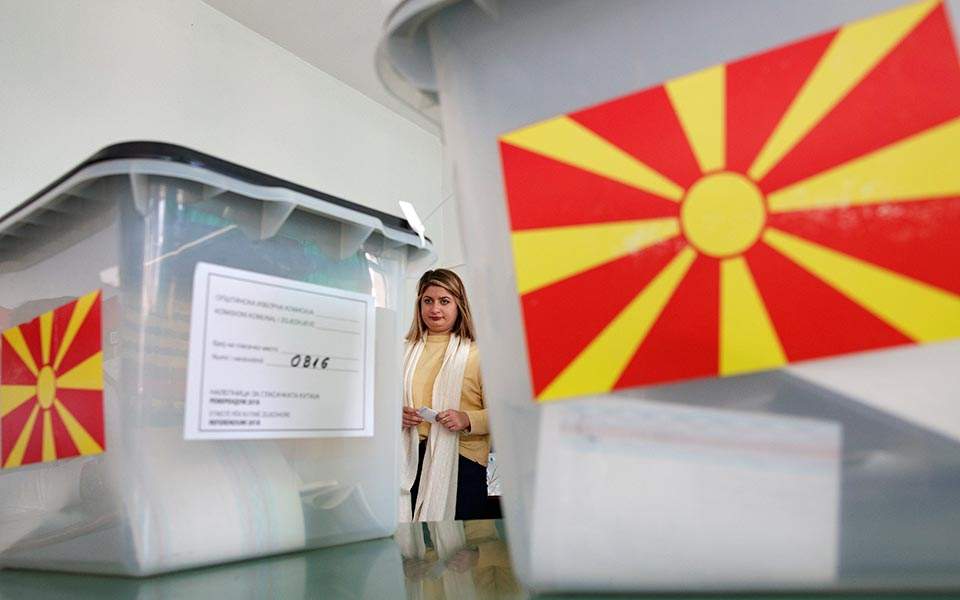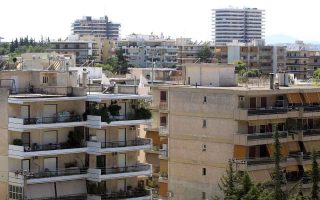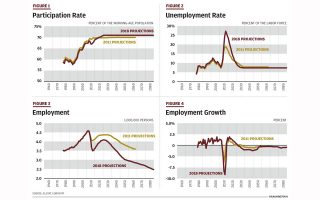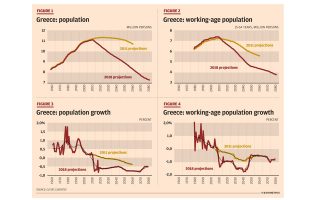Plan B in Skopje

There was nothing unexpected about the referendum. It was clear that the government in Skopje would struggle to reach the 50 percent threshold to make the plebiscite. Also certain was that the yes vote would be in a strong lead.
The only surprise has to do with the failure of the Albanian parties included in Zoran Zaev’s cabinet, primarily the Democratic Union for Integration (DUI) led by Ali Ahmeti, to rally their coethnics in a number of regions across the country. There are various hypotheses why that was the case: from competition amongst the Albanian community, otherwise staunchly pro-Western minded, and desire to punish Ahmeti for the lack of interest in the name issue.
What next? The Prespa agreement is not dead, whatever its detractors say. Parliament has to vote on changing the constitution, as the referendum was non-binding. The opposition VMRO-DPMNE holds the key as 2/3 majority is needed. President Ivanov who hails from that party is firmly against name change and led the boycott campaign which won support from the nationalist grassroots.
Leader Hristijan Mickoski is sitting on the fence. He wants to appear both pro-EU and please diehard patriotic voters. That’s why he called on members to decide for themselves whether to vote in the referendum or join the boycott. Mickoski will be coming under strong EU pressure. Enlargement Commissioner Johannes Hahn already made it known that Brussels sees the outcome of the plebiscite, where 90 percent backed Prespa, as a mandate for change.
Mickoski will probably try to exact a price – for example freedom for ex-PM Nikola Gruevski who is appealing a jail sentence for corruption. But he will need to save face before VMRO supporters. It could be that he would allow some members of the caucus to vote with the government.
If no deal is struck in the coming weeks, Zaev will call early elections. Going for Plan C is however risky – for all parties. Ahmeti says there is no time to lose. We will know soon whether he is right or not.
Dr Dimitar Bechev is a non-resident Senior Fellow at the Atlantic Council's Eurasia Center and a research fellow at the Center for Slavic, Eurasian, and East European Studies, University of North Carolina.





